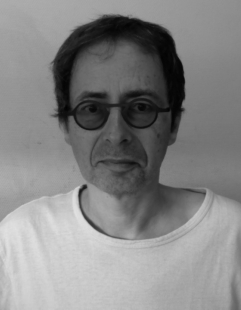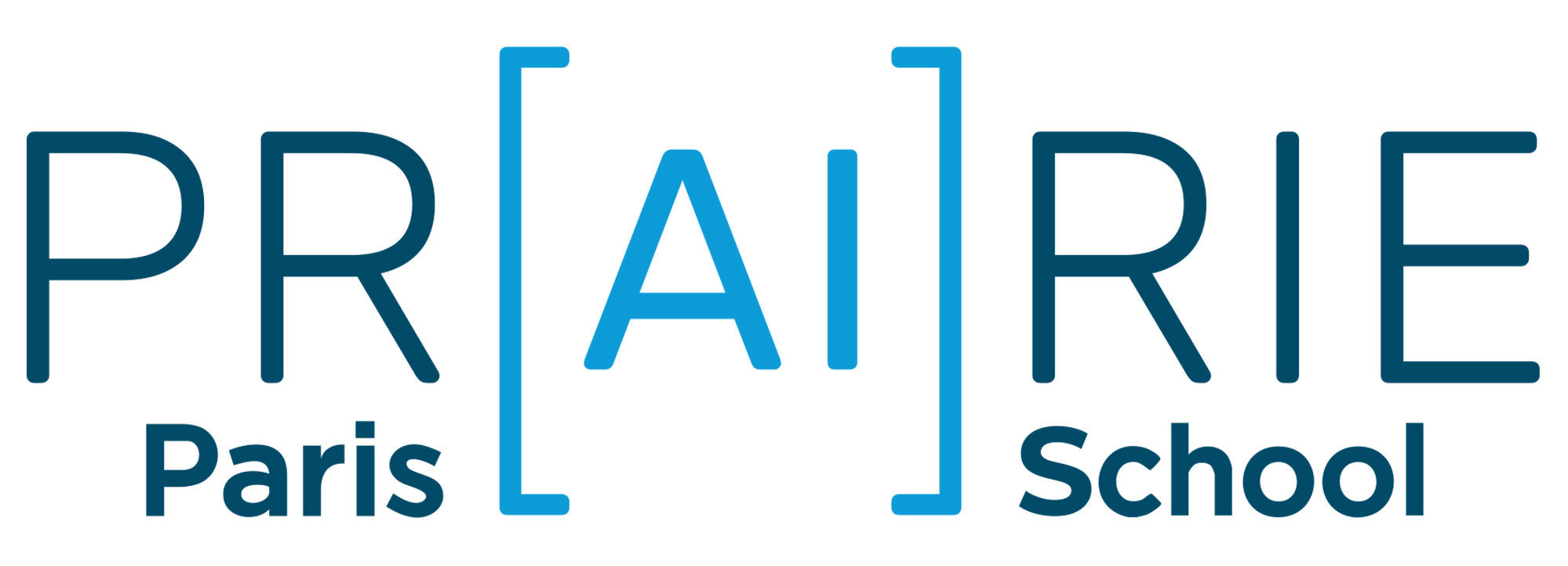Computational social choice: ten little talks (a tribute to Agatha Christie)
Zoom: https://u-paris.zoom.us/j/82231267433?pwd=SHl6YkpIM3ZFck5oNTN4UWR1dkRldz09
Speaker: Jérôme Lang, PRAIRIE/LAMSADE, CNRS – Université Paris-Dauphine – PSL
Abstract
Computational social choice is a research field at the intersection of artificial intelligence, theoretical computer science and economics. It consists of analysing problems arising from the aggregation of preferences of a group of agents from a computational perspective. Some of its subfields are various forms of voting, public decision making (e.g., participatory budgeting), fair division of resources, and matching with preferences (e.g., university-student matching). The interplay of computer science and social choice has not only lead to developing algorithms for collective decision making: it has helped reshaping and revitalising the field, by identifying new paradigms, new problems, new objects of study. I will briefly present the field and then I will give some examples of such new paradigms, problems, or objects of study. The ten little talks mentioned in the title refer to potential talks: I will (obviously!) talk about less than ten topics, but these will be selected out of ten candidates by the attendance through a vote.
Bio

Jérôme Lang is a CNRS senior scientist (2008-), LAMSADE (CNRS, PSL, Université Paris-Dauphine). He received the CNRS silver medal in 2017. He is a EurAI fellow since 2009. Also, an associate editor of Journal of Artificial Intelligence Research (2009-2015), Artificial Intelligence Journal (2010-2016), Social Choice and Welfare (2016-). He served as Program chair of IJCAIECAI-2018, General chair of ECAI-2020. He is the recipient of the Humboldt Research Award 2021.
Personal page: https://www.lamsade.dauphine.fr/~lang/
